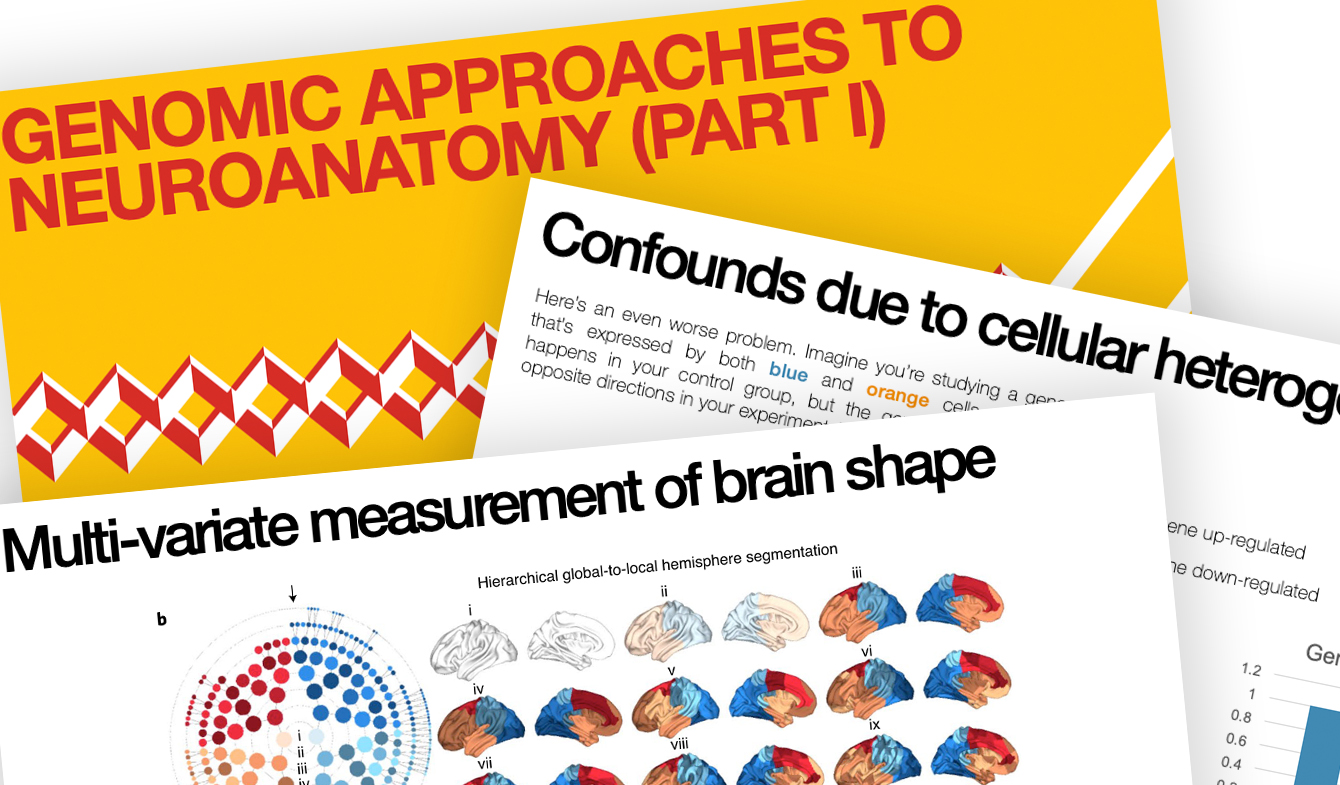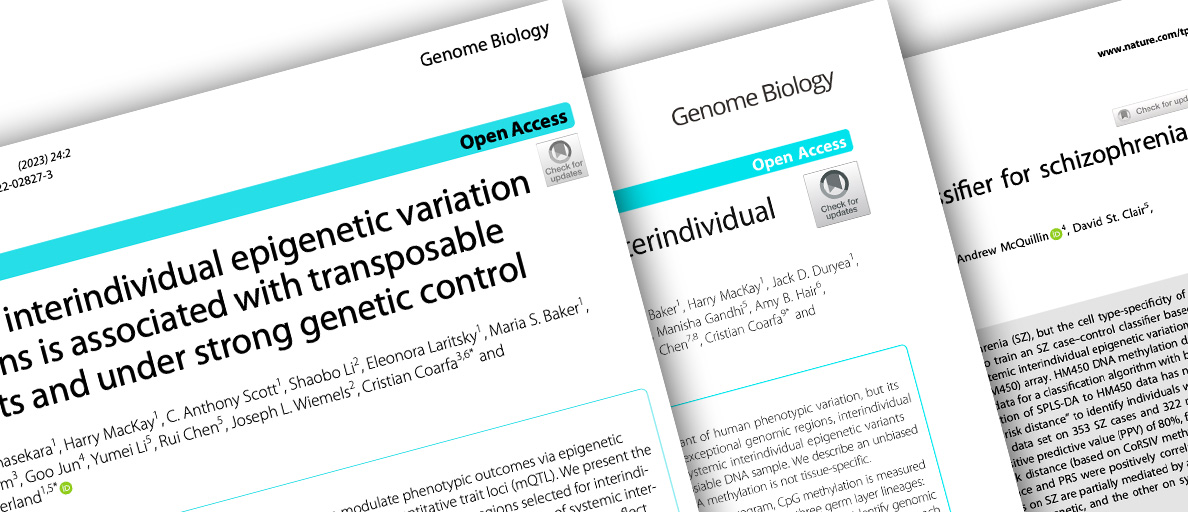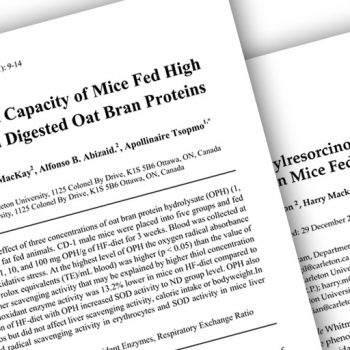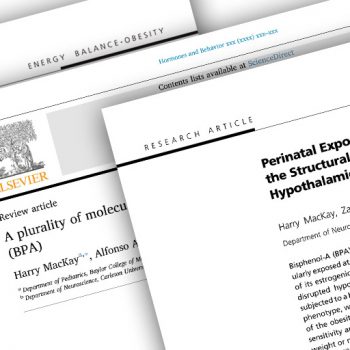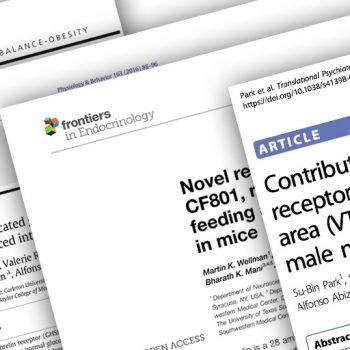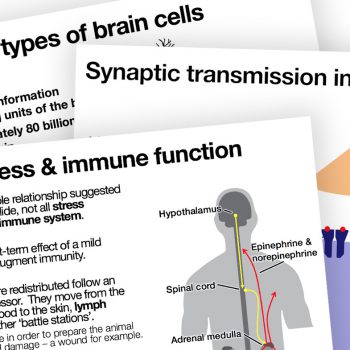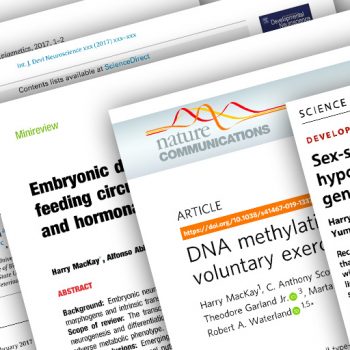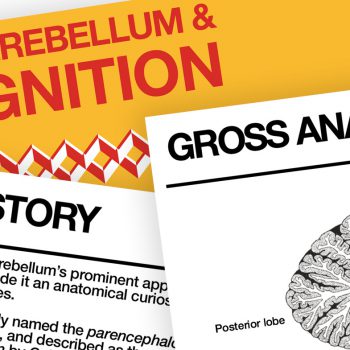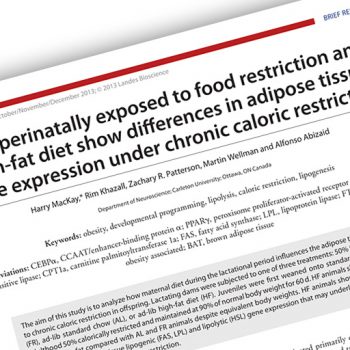I designed and taught this course in the Fall of 2021. Here, I aimed to give students a survey of the methods used in genomics, transcriptomics, and epigenomics and how they are applied to questions of mental health and neurological disease. Similar to my introductory courses, after the preliminary methods classes, we spent each subsequent class focused on a single disease or phenotype. I also designed three take-home assignments that taught students how to use the UCSC Genome Browser, analyze RNA-seq and analyze ChIP-seq data.
Course Description (reproduced from syllabus): Mental and neurological diseases often have genetic and epigenetic components to their aetiology. Some, such as Huntington’s disease, are perfectly heritable while others, such as schizophrenia, appear to run in families but cannot be tied to a single gene mutation. The modern approaches of genomics and epigenomics are enabling researchers to scan the entire genome for disease-associated mutations, variants, and epigenetic marks, leading to an unprecedented ‘gol- drush’ of new information.
In this course, we will first cover some of the basics of heritability, genetics, epigenetics, and the methods by which they are studied in the genomic age. Then, we will explore how genetic and epigenetic variation contribute to traits such as neuroanatomy, personality, and energy balance, as well as disease states such as schizophrenia, autism spectrum disorders, and addiction. At the same time, we will explore a variety of online tools used by genomics researchers to interpret their data.
As this course was designed during the COVID-19 pandemic, I taught it online by streaming over YouTube. I used OBS to run the stream, and I think this resulted in a very polished finished product. I made the course freely accessible to all, as I probably won’t have time to teach it in-person in the next few years.

